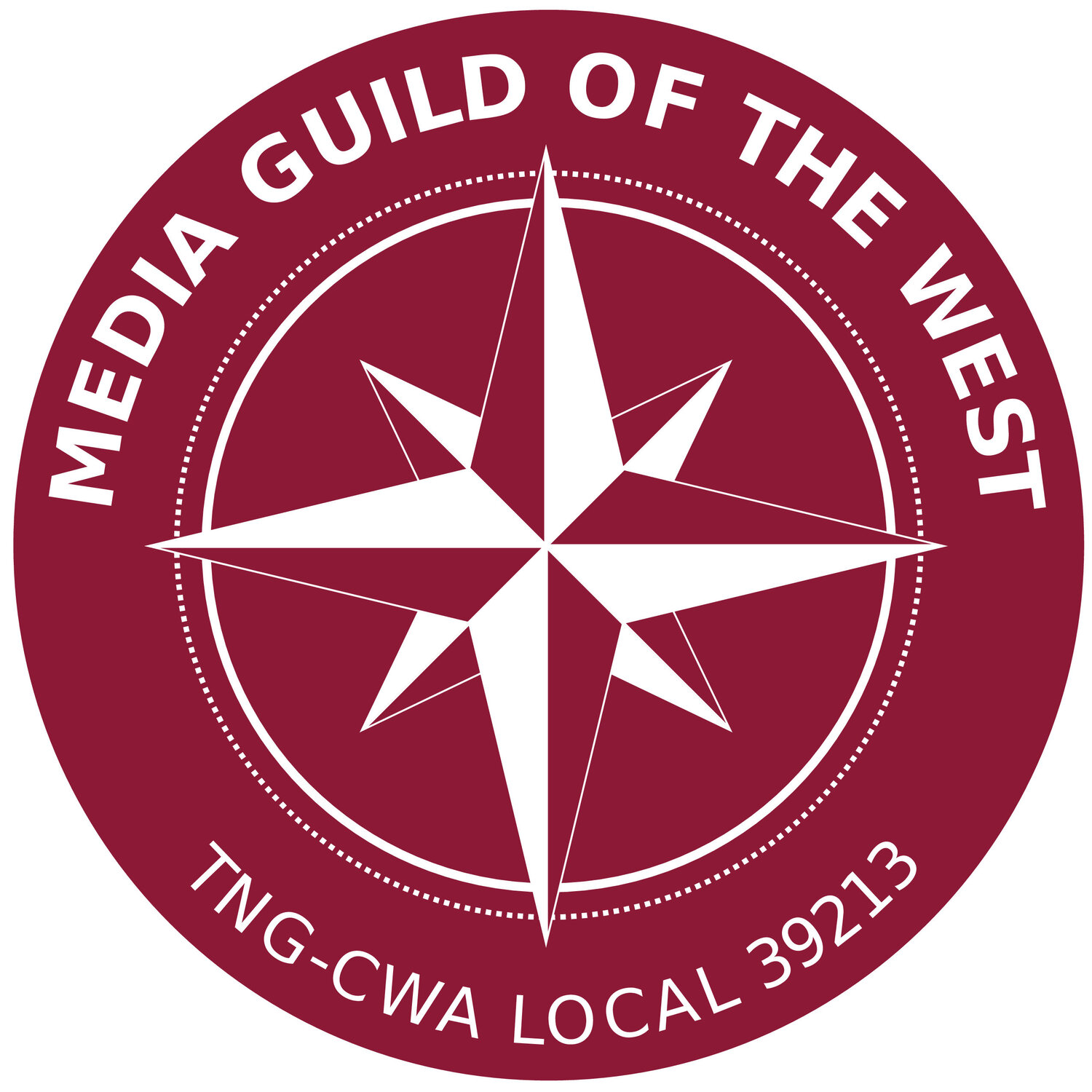MGW members will discuss the case for publicly funded journalism
The following notice was sent to Media Guild of the West members by local president Matt Pearce on March 18, 2022:
Media Guild of the West members,
I wanted to let you know about an unusual issue we’ll be deliberating at our upcoming April 4 membership meeting: a resolution on what an ethical system for publicly funding journalism could look like. (The resolution text is included at the bottom of this message.) This is an issue that California’s journalists in particular are likely to be discussing in the weeks, months and years to come.
In recent weeks, the California legislature has been debating and amending Senate Bill 911, a measure to establish a state funding system to support public-interest journalism. It’s not a bill that emerged out of California’s journalist community, and as a result, many of our respected peer organizations that also serve California journalists have not taken a position. Our own local has not discussed public funding apart from endorsing emergency pandemic relief efforts in 2020. We just haven’t had the deep conversation about what publicly funded journalism could look like. That should change.
As journalists, we’ve had a front-row seat to the desperate condition of our industry. Over the past two decades, thousands of journalists have gotten laid off and news deserts have spread across the United States, leaving behind more corruption, fewer competitive elections, more conspiracy theories, and more wasteful government spending. The status quo is killing us, and our communities are paying the price.
Where should we turn for help? Wealthy family ownership has been a lifeline for a handful of newsrooms, but most towns don’t have billionaires, let alone dependable ones. The best-financed start-ups plant new journalism jobs in New York or Washington, but most Americans don’t live in New York or Washington. Hedge funds and private equity vultures are often the buyers of last resort everywhere else, only to drain local newsrooms of cash to spend on more lucrative investments (or bigger mansions). Community oriented startups and philanthropically funded nonprofits are making valiant efforts to fill the gaps, but they haven’t shown they can reach the size and scale necessary to offset the carnage. On top of this, the data-mining tech giants that now deliver much of our work can destroy whole newsroom business models with an algorithm tweak.
Missing in this picture is a common feature of many other democracies: a robust system of public funding for public-interest journalism that serves all audiences. Measured as a share of the gross domestic product, U.S. is a clear outlier on how little it spends on public media – about $3 per person in the U.S. – compared to $27 per person in Canada, $81 per person in the United Kingdom, $142 per person in Germany, and so on. Apart from a few publicly funded ventures such as the Corporation for Public Broadcasting, the U.S. has counted on the private sector to carry the load when it comes to keeping our communities informed. We’re seeing where that’s getting us.
If lawmakers are going to take up the issue of public financing on our behalf, we should decide where we stand. Any public policy involving the work of journalism needs to be deliberated with the utmost care and with journalists’ input, and the proposed resolution below lays out a basic framework for arguing how systems for public financing could be implemented ethically. This resolution doesn’t take a position on SB 911 itself, given that the bill is still in flux, but it gives our Executive Committee latitude to evaluate whether this bill or another like it is something that aligns with our values.
Our union has always looked to the future rather than the past, and this is an issue where we can show leadership. I look forward to our discussion on April 4.
In solidarity,
Matt Pearce
President, Media Guild of the West
The NewsGuild-CWA Local 39213
Draft resolution supporting public media in the public interest:
Whereas, the collapse of the traditional business model for local journalism has brought a dramatic decline in the amount and quality of information available to communities in “news deserts” across the U.S.;
Whereas, newsroom employment is down 26% since 2008 and newsroom jobs at newspapers are half their 2008 levels;
Whereas, independent journalism is essential to well functioning democracies, and the loss of local newsrooms has been correlated with more corruption, fewer competitive elections, more wasteful government spending, and lower awareness of elected officials;
Whereas, California lawmakers have begun debating a bill, Senate Bill 911, to create a California Board to Fund Public Interest Media in an effort to promote independent, local public service news coverage;
Whereas, many democracies have long supported noncommercial forms of public media, such as the Corporation for Public Broadcasting in the U.S.;
Whereas, journalists should be consulted on the making of public policy about journalism;
Whereas, public funding should be stable and insulated from partisan control or corrupt influence;
Whereas, funding should support editorially independent journalism that fills a void in the community;
Whereas, grants to private entities should favor need and ability, not medium or ideology.
Whereas, publicly funded journalism should be free or widely available to the public;
Whereas, publicly funded journalists must expect fair labor standards;
Therefore, be it resolved:
The members of Media Guild of the West, The NewsGuild-CWA Local 39213, authorize advocacy in support of creating, sustaining, or expanding public support for public-interest journalism, and the Guild’s Executive Committee shall determine whether a given measure satisfies these ethical standards.
